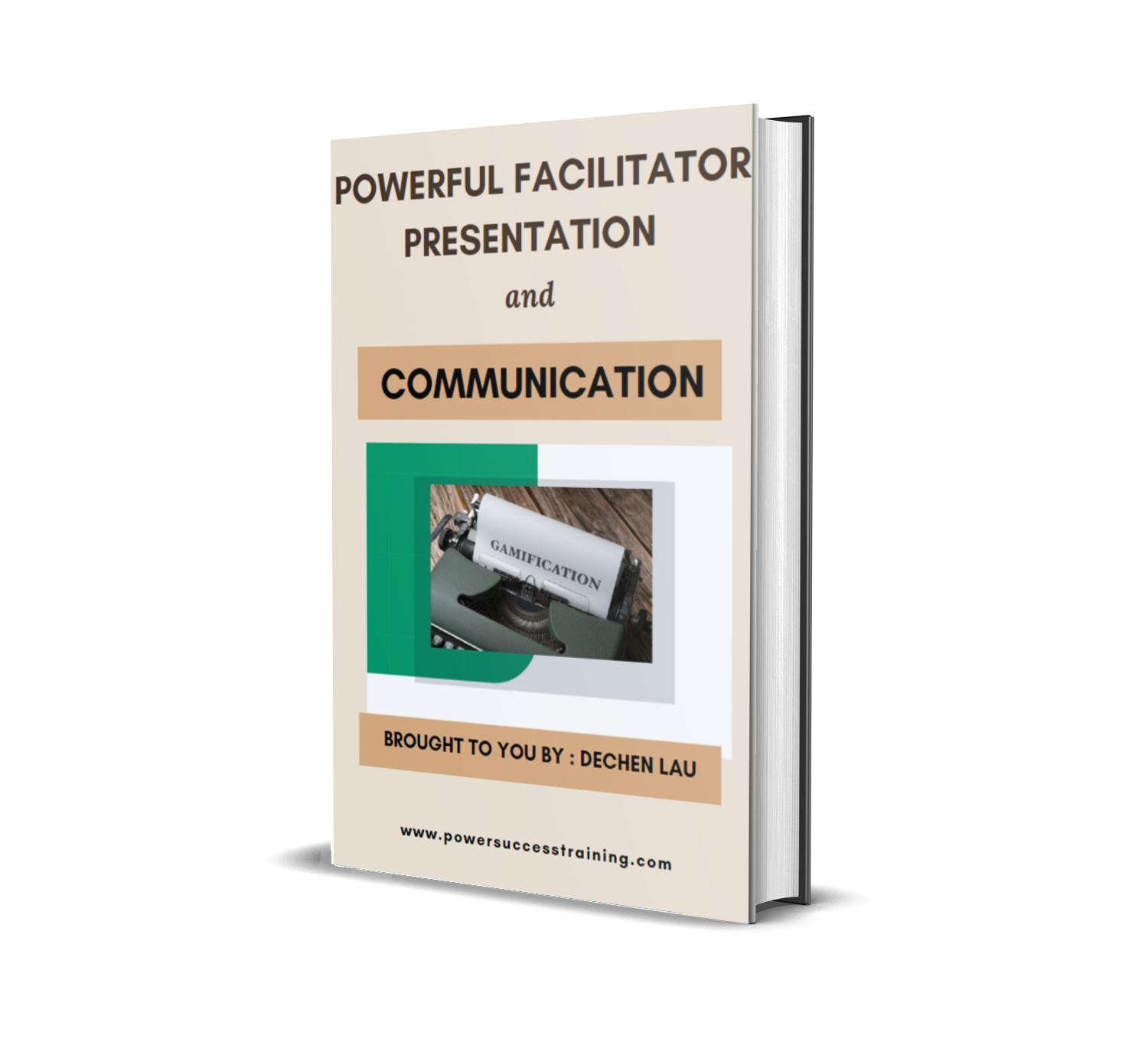Over the past ten years, the ebook market has grown at an exponential rate thanks to shifting consumer preferences & technological advancements. The global ebook market is estimated to be worth several billion dollars as of 2023, and growth is expected to continue. Because reading is now more accessible than ever thanks to the growing popularity of e-readers, tablets, & smartphones, this growth can be explained. The ability to carry a whole library on one device has revolutionized the way that people read, and many now prefer e-books. Also, authors can now circumvent traditional gatekeepers in the publishing industry thanks to the democratization brought about by the growth of self-publishing platforms.
Key Takeaways
- The ebook market is a rapidly growing industry with a wide range of genres and topics to choose from.
- When choosing a topic for your ebook, consider your expertise, audience demand, and current market trends.
- Planning and outlining your ebook is crucial for organizing your thoughts and ensuring a cohesive and engaging final product.
- Writing and editing your ebook requires attention to detail, clear communication, and a thorough review process.
- Designing your ebook cover is essential for attracting potential readers and conveying the tone and content of your ebook.
Thanks to websites like Draft2Digital, Smashwords, and Amazon Kindle Direct Publishing (KDP), authors can now publish their work with comparatively ease. Because of this change, a wide range of genres & subjects are now accessible in e-book format, reaching underserved niche markets. For aspiring authors hoping to make a name for themselves in this cutthroat field, it is therefore essential to comprehend the dynamics of the ebook market. carrying out market research. In this stage, carrying out in-depth market research is crucial.
Social media platforms, Google Trends, and keyword research tools can all offer information about what subjects are popular right now or have maintained interest over time. If you observe that people are becoming more interested in sustainable living, for example, you may want to write an ebook that provides helpful advice on eco-friendly habits. Recognizing Your Target Market. You can choose a topic that will interest your readers by having a thorough understanding of their values, problems, & preferences. For instance, an ebook centered on productivity tricks or time management techniques might be very appealing if your target audience is made up of working professionals looking for resources for personal growth. juggling market demand and passion.
It’s important to strike a balance between your passion & market demand; writing about something you’re passionate about will probably result in more genuine writing and a closer bond with your audience. Following your decision on a topic, you must draft a thorough plan & outline for your ebook. This procedure entails segmenting your primary concept into digestible chunks or chapters, which will form the foundation of your composition. In addition to helping you arrange your ideas, a well-structured outline guarantees that you address every important facet of your subject.
Your outline might cover topics like social media marketing, content production, SEO tactics, and analytics, for example, if you are writing an ebook on digital marketing strategies. Apart from organizing your content, planning also entails establishing reasonable deadlines for every stage of the writing process. You can stay motivated and hold yourself accountable by setting deadlines for finishing your outline, writing chapters, & editing. You can keep track of your progress by using basic spreadsheets or project management software. Also, think about adding feedback loops to your planning process. Before you start writing, discussing your outline with mentors or trusted peers can help you improve your strategy and get insightful feedback.
Your ideas start to form into a coherent story during the writing stage. Establishing a regular writing schedule that suits you is crucial, whether that entails setting weekly word count targets or allocating particular hours each day. At this point, concentrate on putting your ideas down without worrying too much about accuracy; the first draft is frequently about expressing your ideas and arguments in their most unadulterated state.
Accept the process of writing freely in order to let your imagination run wild without self-censorship. Editing is equally important and should not be disregarded. After finishing your first draft, take some time to rest before looking over your work again.
You can use this distance to pinpoint areas that require clarification or improvement. Take into account using several editing stages: line editing focuses on sentence structure & word choice, while structural editing concentrates on the content’s general organization and flow. Also, hiring professional editors or beta readers can improve the quality of your manuscript by offering outside viewpoints. To improve your arguments and make sure your audience understands them, their input can be very helpful.
As the initial impression of your work, the cover design of your e-book is crucial in drawing in potential customers. A well-designed cover should communicate the core of your content in addition to being aesthetically pleasing. Think about using fonts, color schemes, and images that complement the theme of your ebook when creating your cover.
An ebook on mindfulness, for instance, might benefit from using peaceful imagery and calming colors, whereas a thriller might use bold fonts and darker tones to create tension. If you are not skilled in graphic design, there are plenty of resources to assist you in producing a cover that looks professional. While hiring a freelance designer from sites like Fiverr or 99designs can produce excellent results that are customized to your specifications, online platforms like Canva offer easy-to-use templates made specifically for ebook covers.
Regardless of the strategy you decide on, make sure your cover satisfies industry requirements for dimensions and resolution; this small detail can have a big impact on how your ebook is viewed by prospective customers. Knowing the Formatting Requirements for Different Devices. The formatting specifications of various e-readers can impact how readable your ebook is. For instance, Apple Books uses EPUB formats, but Amazon Kindle prefers MOBI files.
To prevent compatibility problems that can irritate readers, it is imperative that you become familiar with these specifications. With the Correct Tools, Formatting Can Be Made Simpler. By enabling you to easily export your manuscript into multiple formats, programs like Scrivener or Vellum can make formatting easier. This ensures that your ebook is optimized for a variety of platforms & devices while saving time and effort. Increasing Engagement and Readability.
Pay attention to your content’s visual layout in addition to its technical formatting. Because readers frequently scan through content on screens, it is especially crucial for ebooks to use headings & subheadings to improve readability and break up text. To improve clarity and engagement, include numbered lists or bullet points. Also, think about including hyperlinks to other sources or references in your writing; this interactivity can improve the reader’s experience and offer value. It’s time to publish your ebook now that it has been written, revised, formatted, and designed. There are several platforms available in the self-publishing space where you can extensively distribute your work.
Because of its wide audience and easy-to-use interface, Amazon KDP is still one of the most popular options; however, other platforms, such as Barnes & Noble Press or Kobo Writing Life, also offer great exposure opportunities. Knowing the specifics of each platform’s rules about royalties, pricing policies, and promotional materials will help you optimize your profits. For your ebook to reach its target audience, marketing is just as important.
Creating a marketing plan should start long before the book is published. Creating a personal website or an author platform on social media can build reader anticipation. To inform readers who are interested in your release date and any special offers, think about using email marketing campaigns. Buzz about your ebook launch can also be created by participating in online communities that are relevant to your subject, like forums or social media groups. Building relationships with readers can result in their continued support & advocacy for your work, so engagement with your audience doesn’t stop when they buy or download your ebook.
Social media sites are a good way to interact since you can talk about pertinent subjects with your followers or offer insights about the content of your ebook. Organizing live webinars or Q&A sessions can also foster direct communication by enabling readers to comment on your work or ask questions. Also, think about producing supplemental material to go along with your ebook. This could be blog entries, podcasts, or instructional videos that go deeper into particular facets of your subject. In addition to demonstrating your expertise, this kind of content keeps readers interested long after they have finished reading. Reviewing or surveying your audience can yield insightful information about what appeals to them and what might need work for upcoming projects.
Building a community around your work through active reader engagement can result in enduring interest in subsequent publications.
If you’re just starting out on your journey to write an ebook, it’s essential to gather all the necessary information to ensure your project is successful. A great resource to consider is an article I found that provides a comprehensive guide for beginners. It covers everything from choosing a topic to the technical aspects of ebook formatting. You can read more about these insightful tips and strategies by visiting this detailed guide on writing an ebook for beginners. This article is a fantastic starting point for anyone new to ebook creation, offering step-by-step advice to help you navigate through the process.
FAQs
What is an ebook?
An ebook is a digital book that can be read on electronic devices such as e-readers, tablets, and smartphones. It is a convenient and portable way to access written content.
Why should I write an ebook?
Writing an ebook can be a great way to share your knowledge, expertise, or creativity with a wide audience. It can also be a source of passive income and can help establish you as an authority in your field.
What are the steps to writing an ebook for beginners?
The steps to writing an ebook for beginners include choosing a topic, conducting research, outlining the content, writing the ebook, editing and formatting the ebook, and publishing and promoting it.
What are some tips for writing an ebook for beginners?
Some tips for writing an ebook for beginners include knowing your audience, keeping the content focused and organized, using clear and concise language, and including visuals to enhance the reading experience.
What are some popular formats for publishing an ebook?
Popular formats for publishing an ebook include PDF, EPUB, and MOBI. These formats are compatible with a wide range of devices and e-reader apps.


